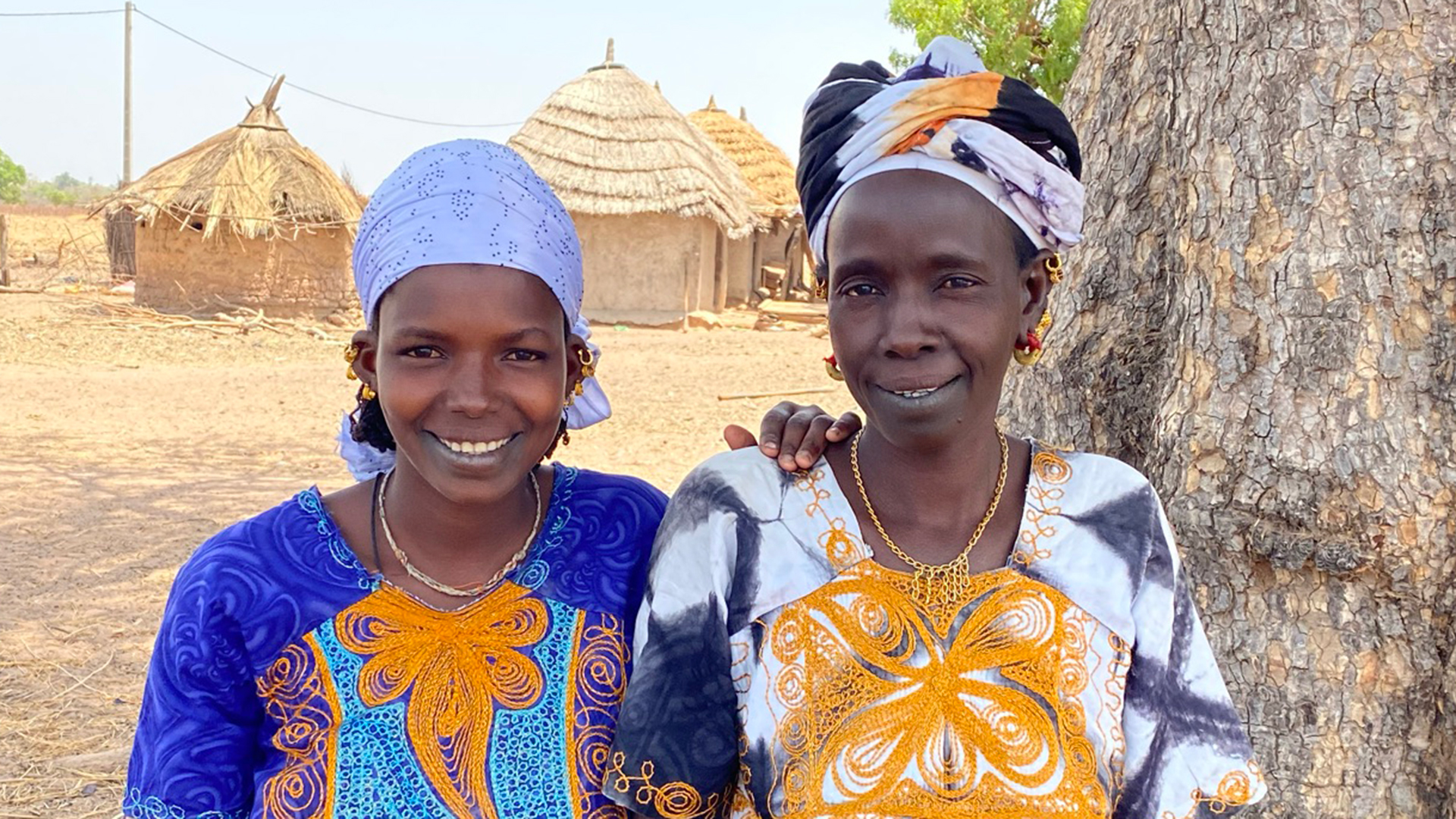Speaking up and out about gender-based violence
Towards ending gender-based violence and early marriages in Senegal and sub-Saharan Africa

All over the world, women encounter many forms of gender-based violence. Early marriage is one of these forms, taking away a girl’s opportunity for education and gaining skills to be independent.
©FAO/ Andrea Sanchez Enciso
When asked about what constitutes gender-based violence, women participating in Dimitra Clubs in Niger shared that they feel the violence in many forms. Physical and sexual abuse are obvious manifestations, but women also felt that pervasive social norms, such as not being able to remarry after being widowed, not being involved in households’ financial decisions and not being allowed to participate in certain community activities, made them feel like lesser members or outcasts of their communities. Along with this, a big issue for women in many communities is being forced to marry or being married at an early age.
In Niger, 76 percent of girls are married before the age of 18. In the Democratic Republic of Congo, it is almost a third of girls. This is also true in rural Senegal, where 31 percent of girls are married before the age of 18 and nine percent before 15.
Beyond being a violation of human rights, child marriage diminishes development efforts and halts the progress and production of societies. This practice hinders girl children from earning an education, limiting their options later in life. It leads to increased health issues, with young women facing more complications during pregnancies and childbirth. Early marriage also breeds a reliance on men as young women often have had little schooling or opportunity to gain the skills to make their own living.
The Food and Agriculture Organization of the United Nations (FAO) has implemented several projects in rural Senegal to raise awareness among all members of the community about the dangers of this practice, for girl children but also for the community at large.
